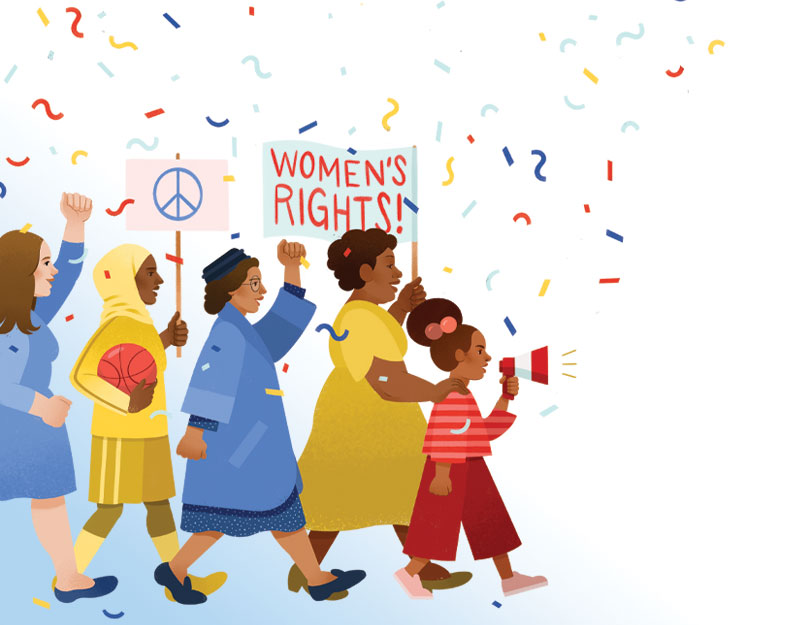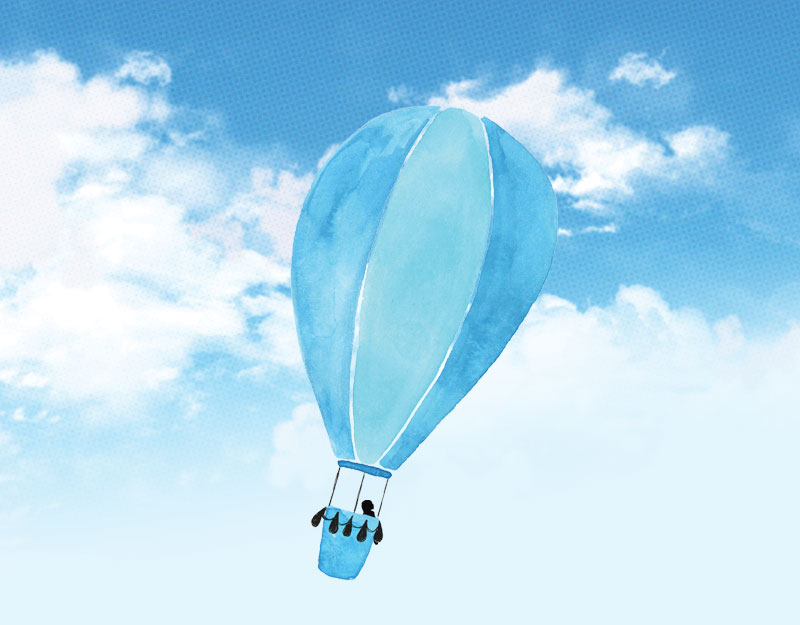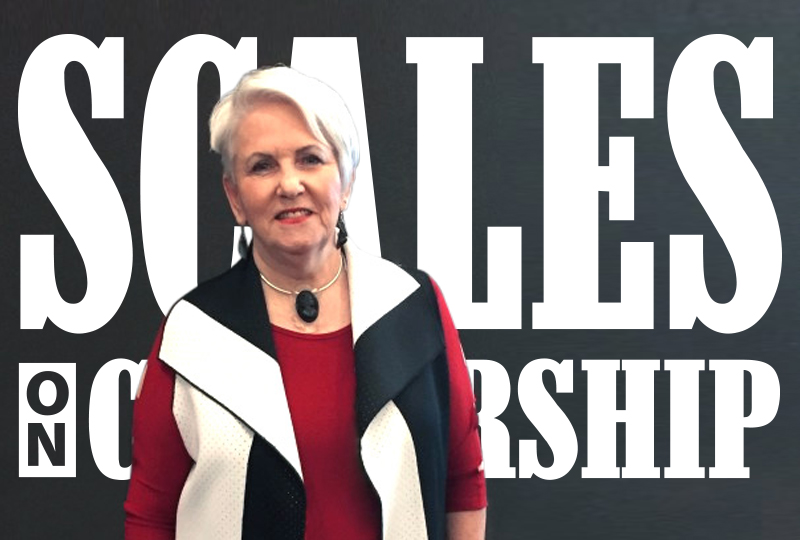Meeting a Need: An Interview with Christine Mapondera-Talley, Founder of Global Kidz House
You know that meme that was going around at the beginning of the COVID pandemic about how Shakespeare wrote King Lear during his own quarantine? If you’re anything like me you probably laughed it off, bought a tomato plant, claimed to everyone you knew that it was a victory garden, and finally sank into a stupor, overwhelmed by your own productivity.
If you were Christine Mapondera-Talley, you started your own publishing house.

Less than a month ago I saw a message on my SCBWI-IL mailing list from Christine. She was talking about Global Kidz House, a publisher that, “specializes in children’s books that celebrate the diversity of Africa and the African diaspora.” Born in Chinhoyi, Zimbabwe and now residing in Chicago with her husband and two children, Christine was already the author of the picture book Makanaka’s World. As her bio says, “Her writing was initially inspired by her daughter, as she wrote stories for her in Shona, her native language. Today Christine writes stories that directly address the need for diverse books.”
ADVERTISEMENT
ADVERTISEMENT
Kinda makes that little tomato plant look a bit droopy, doesn’t it?
Today, Christine joins me for a discussion of her new venture, what it’s like to actually be productive in 2020, and why we need international diverse voices more than ever:
Betsy Bird: I appreciate your talking with me about Global Kidz House! So, we are in the thick of a global pandemic. People are staying indoors, hunkering down, afraid to try new things. In the midst of all of this, you start a publishing house. How did that happen?

Christine Mapondera-Talley: Betsy, like many people I spent the early weeks of the pandemic consumed with buying food and keeping a hefty supply of toilet paper. However, after a few weeks at home, I realized that I had been gifted with more time than ever before—minus chasing two kids of course. Prior to COVID I was busy serving clients as a dental office manager while daydreaming about Global Kidz House. So, while I knew that we were entering uncertain times, I also had a mission and a sense of urgency. In 2018, I self-published my picture book, Makanaka’s World: Adventure in Morocco, the first book of a series. This process was educational and inspiring. I was able to build a team of very passionate book people most of whom I’m still working with. Along the way I shared my book at schools, libraries, book festivals and at conferences. My proudest moment came when I received a notification that my book had been nominated for an award, which is due for announcement this November at the NCTE conference.
All these experiences gave me the confidence to move forward with my plan.
BB: Tell us more about Global Kidz House. What makes it different from the other small publishers out there?

CMT: Global Kidz House is a small press whose mission is to elevate and celebrate Africa and the African diaspora through children’s books. You can expect to see stories about love and friendship as well with stories full of drama and humor.
I want to nurture African talent. I recognize that in many countries few arts programs exist which may inhibit potential creators from receiving the necessary mentoring and exposure. For that reason, I am creating room for coaching, and factoring these issues into the time lines for future titles. It certainly is an additional cost most publishers won’t budget for; however, I believe this is necessary.
Beyond books, I plan to publish Passport Africa, a digital newsletter that explores people, places and all things Africa past to present. This is mainly an informative text that incorporates hands on activities. I believe this would be a great educational piece that parents and teachers will find helpful and engaging.
BB: Will all your titles be original American books set in different parts of Africa, or will you be importing books from Nigeria and other countries as well?
CMT: I plan to create mostly original books and import wherever it makes sense. There are so many stories that need to be told. I personally have a truckload of book ideas and hope to recruit an army of writers to help bring them to life.
BB: On your website it mentions that you (originally from Chinhoyi, Zimbabwe) used to write your daughter stories in Shona. Will you be publishing any books in Shona and other languages? Will you be producing any bilingual books?
CMT: The books will all start out in English as it is a dominant language in many places. However, I do intend on producing select books in Shona, Swahili, and French. I’m open to even more languages honestly, however, I need to focus on other areas first.

BB: Makes sense. And your contributors represent such a wide swath of talent and nations. Liberia, Malawi, Sierra Leone, Zimbabwe, Nigeria, and more. Where do you find your authors and illustrators?
CMT: I’ve been able to connect with everyone on the team via Facebook or Instagram. I always keep my eyes and ears open for unknown talent and think of unconventional ways to get things done. This goes back to the limited infrastructure that supports creatives, which leads people to social media as a way to connect with like-minded individuals.
BB: Why do you think it is that so few publishers, large and small, have made any kind of an effort to highlight the diversity of the nations of Africa?
CMT: I wish I knew because then I could figure out how to fix this problem. I’ve started an Instagram Live series where I invite writers, illustrators, publishers, bookstore owners of African heritage in hopes of dissecting this very issue. In a recent conversation, a Ghanaian-based publisher stated that local stories are thwarted by the influx of foreign books (which has been the case from colonial times). The educational system was built to rely on books from the creators of the aforementioned system. It’s quite complex.
On the other hand, I have observed efforts to prioritize storytelling and literacy in scattered places across Africa. The publishing industry on the African continent in general needs a push, and more resources must be committed by people in those underserved regions.
BB: So what would you like to change about the publishing industry?

CMT: I’ve read books by some of the most intelligent people—thought leaders, best sellers, and award winners—yet “Africa” is referenced as a monolith, mentioned in a sentence alongside other countries or cities, and even reduced to fields of Africa. It’s quite baffling. Books that contain these generalizations are usually published in the US. I want my children and their friends to be able to read stories set in a big city like Lagos, Nigeria, a small-town high school in Norton, Zimbabwe, a suburban playground in Cairo, Egypt, a beach town or even a rural town anywhere. We owe our readers the opportunity to engage with this continent fully, not just in places with war, famine, or insufficient running water. That narrative is harmful and I’m quite exhausted by it.The child in the story shouldn’t always be seeking refuge. There’s much more to share because there are so many experiences. Being born and raised in Zimbabwe, I know this firsthand.
BB: Christine, it’s amazing to talk to you. Finally, can you tell a little about the books you have coming out in 2021?
CMT: Ah! This is the part that’s keeping me up at night and for good reason.

ADVERTISEMENT
ADVERTISEMENT
First up is my picture book, Gogo’s Garden, illustrated by Liberian artist, Chase Walker. The story is inspired by my Gogo (grandma) with whom I spent countless hours in the garden. It’s a tribute to generational families and a farm-to-table story.
This will be followed by Pamima’s Journal, a middle-grade novel by Nigerian writer Diseph Otto. The story, set in Port Harcourt, Nigeria, follows a 10-year-old middle child who feels trapped between her over-achieving older brother and her spoiled little sister, Lulu. Pamima is passionate about the environment and dreams of one day becoming a botanist.
Next, is my lyrical picture book, I Am Legacy. This book pays homage to legendary figures in African history past and present who have made us proud through various contributions. Political activists, musicians, women’s rights advocates, environmentalists, novelists, and more. It’s a love letter and reminder to my fellow brothers and sisters to reflect on consider whose shoulders we’re standing on.
There are half a dozen more projects under contract, including a graphic novel, so I have books scheduled for publication through 2022. Authors and illustrators of African descent are welcome to query me at https://globalkidzhouse.com/submissions.
Many thanks to Christine for giving a glimpse into Global Kidz House and what we might be able to expect from the future.
Filed under: Interviews
About Betsy Bird
Betsy Bird is currently the Collection Development Manager of the Evanston Public Library system and a former Materials Specialist for New York Public Library. She has served on Newbery, written for Horn Book, and has done other lovely little things that she'd love to tell you about but that she's sure you'd find more interesting to hear of in person. Her opinions are her own and do not reflect those of EPL, SLJ, or any of the other acronyms you might be able to name. Follow her on Twitter: @fuseeight.
ADVERTISEMENT
ADVERTISEMENT
SLJ Blog Network
One Star Review, Guess Who? (#202)
Exclusive: Giant Magical Otters Invade New Hex Vet Graphic Novel | News
Parsing Religion in Public Schools
Take Five: LGBTQIA+ Middle Grade Novels
ADVERTISEMENT








Lovely to read about Christine! Looking forward to what is to come.